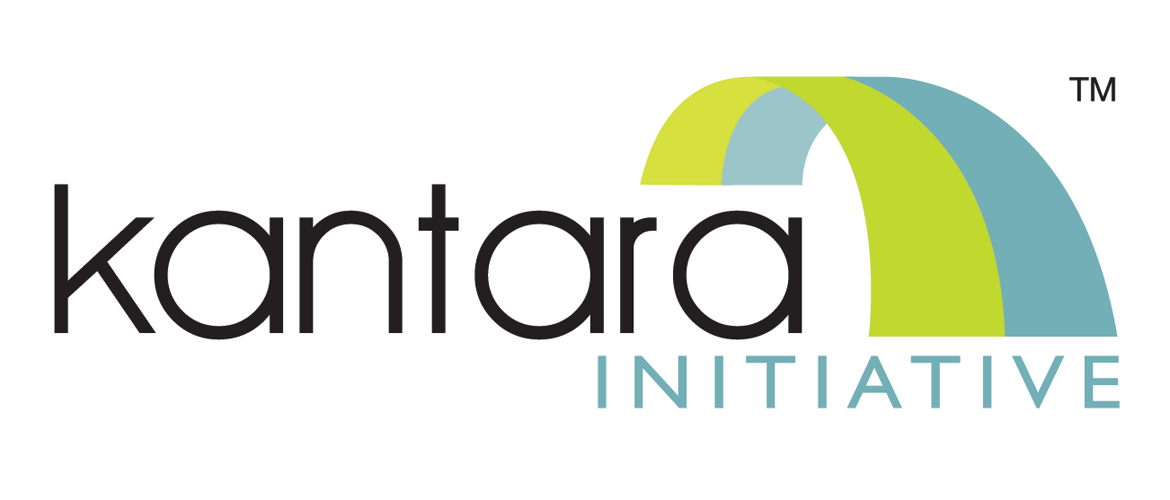Our 2023 #DEIA survey is now open! Click here to participate!
Back in late November I Twittered from the Ministerial eGovernment Conference in Malmø (#egov2009), expressing the hope that the press release would contain a bit more substance than the keynote announcement of the Ministerial Declaration. I am delighted to say that when I got my hands on a copy of the full text, it did. (PDF of the Declaration available online here.)
First, though, here were the policy priorities announced by Mats Odell, Sweden’s Minister for Local Government and Financial Markets:
- Use eGovernment services to empower citizens and businesses;
- Improve mobility in the single market;
- Improve efficiency and effectiveness in eGovernment.
On that basis, you can probably see why the initial announcement left me somewhat underwhelmed. Was this, I wondered, really the culmination of four years’ policy and implementation work since the Manchester Declaration (which, at the time, I had actually thought was quite good…)?
Second, I have to say there is also still quite a lot in the full text which mostly prompts the reaction: “Oh…. well, weren’t you either doing, or supposed to be doing that anyway?”. For instance, Article 13 promises to involve stakeholders in public policy processes. Well, good.
Incidentally, while we’re on page 3 of the document, Article 12 will raise more than a few hollow laughs:
“We will explore how we can make our administrative processes more transparent. Transparency promotes accountability and trust in government”.
Not 10 days ago, the Court of Auditors declined to sign off the accounts of the European Commission for the 15th year in a row. Is it facile to suggest that as a starting point?
That good old standby “reduction of the administrative burden for citizens and business” still gets an airing (Article 17) – and rather disappointingly, “respect for privacy and data protection” gets buried under that heading, whereas I would have thought it deserves to headline in an article of its own.
Artcile 18 is a bit “meh” as well: policymakers should “consider how organisational processes could be improved”. Laudable, but it doesn’t exactly make me want to run out and have it printed on a t-shirt.
OK, so having got some of the gripes off my chest, what did I pick out as being positive aspects of the Declaration?
Well, actually, the opening Background statement is pretty good. It notes that the economic, social and environmental landscape is grim, and that despite (or perhaps even because of) that, citizens’ expectations for open, flexible and collaborative government are high.
It goes on to acknowledge that eGovernment extends beyond national boundaries, and across the divide between the public and commercial sectors.
It also suggests – which I think is fair – that some of the progress to date in e-government, and in collaboration between different member states, has happened because of the political will expressed through the precursors of this year’s Declaration.
Other positive signs:
- The tone of the Declaration is one which acknowledges that the eGovernment services of the future will be co-produced by citizens and third parties. That might not be going far enough, of course: there’s already evidence that citizens and third parties are creating public services without the direction or collaboration of government – so the latter might find that it needs to re-calibrate its notion of “open and collaborative” quite radically.
- There’s an explicit call, in Article 19, for public administrations to exploit IT in their efforts to reduce carbon footprint.
- Article 21 is explicit about the benefits of using open specifications – not least, to stimulate effective and open competition in the market. If the political will persists to enforce that effectively over time, the potential benefits are huge.
There’s more (if you count the nested lists, there are about 40 paragraphs in total), and in essence the full text does a lot more than the keynote suggested. I compared it rather unfavourably with the Manchester Declaration earlier; in retrospect that’s probably not giving a fair picture.
The current Declaration treats some of the key Manchester themes almost as “solved problems”: for instance, “trustworthy electronic identifiers” for citizens pops up only in Article 26 (d) – in the final recommendations – with a note that “activity should be intensified” and “gaps closed in cross-border interoperability and mutual recognition”.
The way I see it is this: there are definitely eGovernment problems to solve today, which only present themselves because of the increased sophistication of some current implementations (and those implementations, of course, are based on previous progress). In other words, solving one set of problems usually just raises you within reach of the next set. To extend that analogy a little: previous work has built a ladder which means we can reach out towards the next set of goals. My worry is that some of the rungs below us (and, if we’re unlucky, bits of the ladder itself) are either missing or not very well put together.
However, we are where we are – and the heartening thing about this year’s exhibition area was the sophistication and practicality of many of the systems being shown. To me, they suggest that there is good practice out there in abundance, if the rest of us are only prepared to look and learn.

